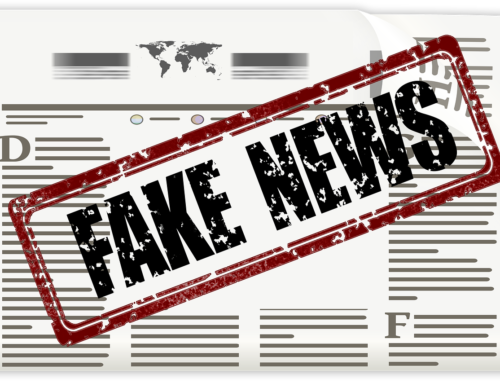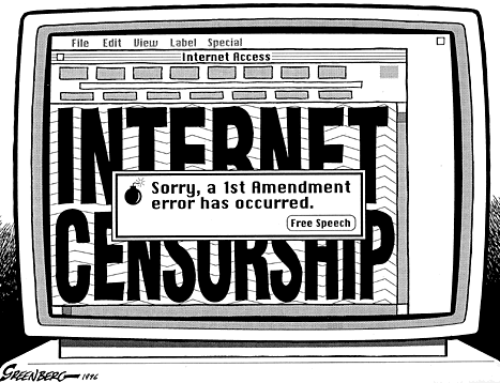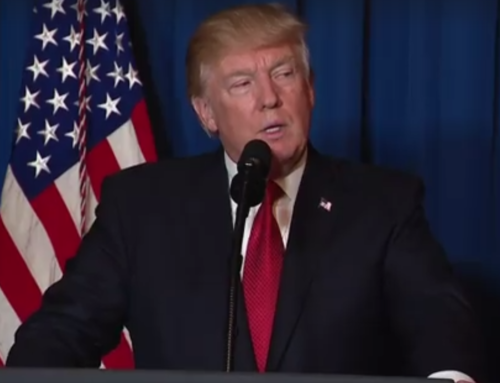Not everyone has experienced working as a journalist before computers. Many people still at least have an idea because of what it took to do homework in school, be it research for a science project, history paper, or anything else that required checking references.
You may have had to get a ride from a parent if the local library was not within walking distance. There you would go through the card catalog, write down the Dewey Decimal, locate the book, and sit down at the nearest table to do your research.
Don’t forget good ol’ microfiche. From newspaper clippings to magazine articles to out-of-print books, it was there to spend hours scrolling through to find the one piece of information to complete your assignment and get good marks.
Those were the days. The bygone days.
Some of you grew up on computers and don’t know what it is like to roll up your sleeves and labor for your information. What did you do with all that extra time?
Now, we have the Internet to do the legwork. We don’t have to go out of our way and spend money on gas or public transportation—not even be inconvenienced—nor do we even have to leave our seats, to find information. For the past . . . how long has the Internet been around? Well, let me check Google.
How long has the Internet been around?
Since the mid-1990’s, the Internet . . . wait, that is when its impact on our culture started. Hang on. Okay, academics have used it since the 1980’s. No, there is a link indicating it was 20 years ago today. Does that mean 1995? Oh, the date of the article is from 2011. So, 1991. Is that right?
Eh, it’s been around a long time. Thank you, Al Gore, for creating this wonderful tool for journalists, writers, and well, everybody. It makes life so much easier. Wait a minute. Our former Vice President is the one we should thank, correct?
Who invented the Internet?
My bad. It was actually a couple of scientists. I remember the time Mr. Gore was quoted as taking credit for the Internet. I read it online, somewhere.
Do you see where I am going with this?
There is a plethora of information out there. I would quantify it, but I am getting different answers with the search results. That’s not surprising. The actual number isn’t the point; it is what we do when we venture into the sea of data to do our jobs as journalists, as writers.
Do we wade in the shallow end near the shore and grab a quick fact(oid) to make that deadline, or do we strap on our scuba gear and go deep-sea diving? Are we willing to sift through all the seaweed and schools of fish to find that oyster that contains the shiny pearl of correct, documented, and vetted information?
Contrived analogy aside, it should be the latter, of course. That should be a foregone conclusion. You are probably wondering, though, what this has to do with the First Amendment and Freedom of the Press.
It has everything to do with it, and more.
As writers and journalists, we have a responsibility not to just disseminate information, but to make sure it is accurate.
During the aforementioned bygone era, we had to work very hard to check our facts and sources. Ostensibly, that labor produced verifiable results; it was so difficult to obtain that it would be a waste for it not to be right. It would be the equivalent of running a marathon and collapsing in defeat mere inches from the finish line.
As well, writers grab images to add to their websites and blogs all the time without understanding the potential consequences of doing so. They may be using a copyrighted image and possibly misinterpreting the original intent, and perhaps even modifying it without permission. For example, the image used above may or may not be available for public usage. I found it on Google images, but I couldn’t locate the original source even after a detailed search, as none of the places that used it included a photo credit. It did not show up in a search via Creative Commons, which does not necessarily mean there is a copyright issue. That is where fair use saves the day. I am using this image for journalistic purposes; I didn’t modify it but, quite frankly, it captures the subject of this article perfectly. Thank you to whomever designed it.
In Cyberspace, we barely break a sweat if we don’t want to. It is very tempting to take the easy way out by clicking on the first link from a quick search, then calling it a day. As press, we have the freedom to write almost anything we want, however we want. Technically we can, but that is not in the spirit of the rights our Founding Fathers put into place.
The First Amendment goes both ways. It is a mutually beneficial relationship built on love and respect. Our government has a responsibility to protect us as ambassadors of The Fourth Estate. In turn, it is our responsibility to not abuse the rights and take those protections for granted.
That means we must approach the Internet as we would the library. Every search engine is a card catalog, and every link is a chapter in a reference book. Microfiche is now our computers, tablets, and smart phones. Website URLs are the technological equivalent of the Dewey Decimal system. Et cetera.
The truth may be easier to find, comparatively, but the importance of obtaining it is not diminished. As professional communicators, we need to separate the cream from the crap.
Essentially, most information we find on the Internet is free. Even so, the cost to us for giving misinformation is something we cannot afford.







I hope all writers take your guidance to heart.
I hope so, as well. Thank you.